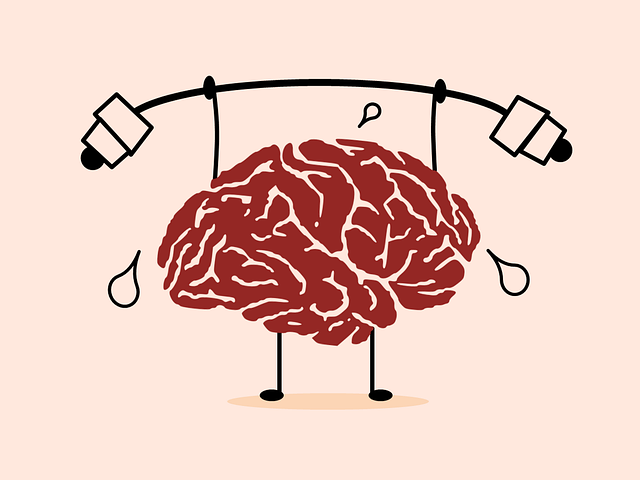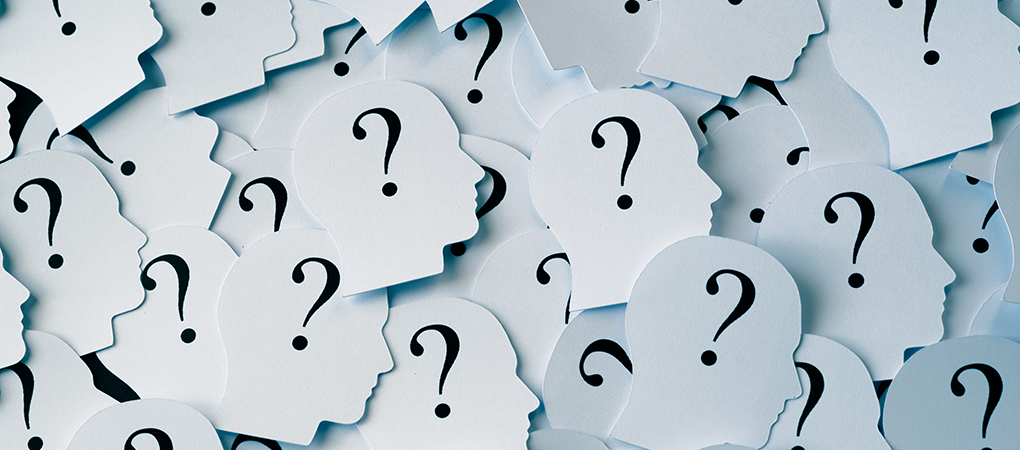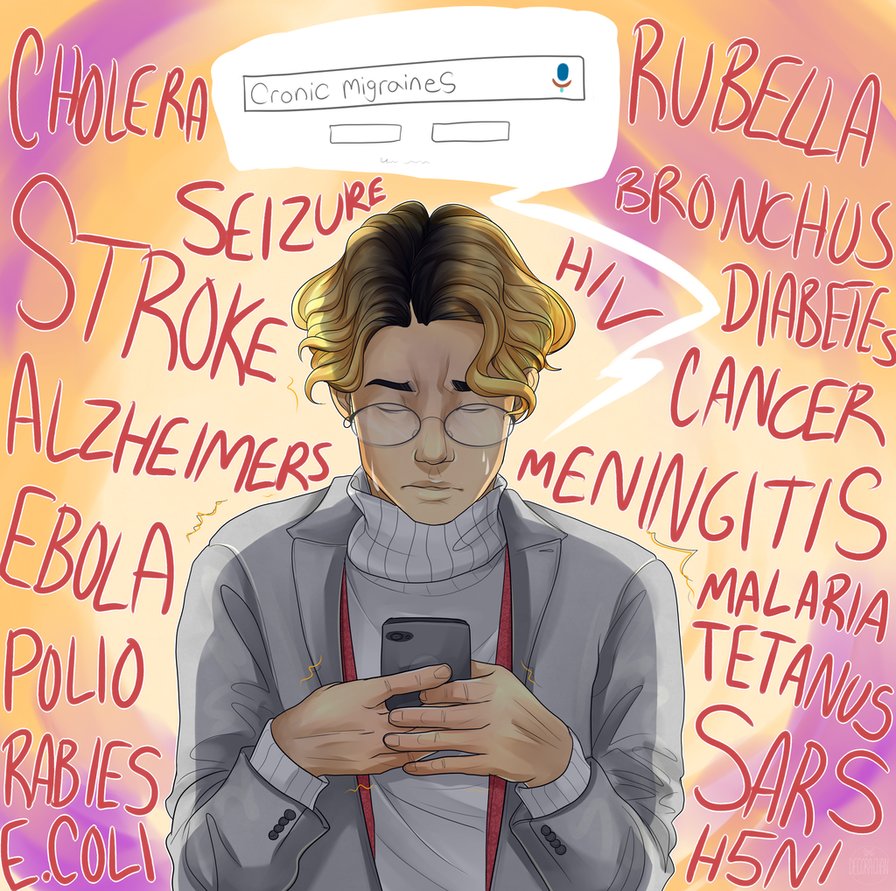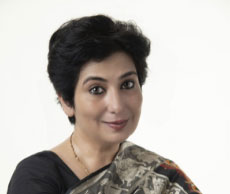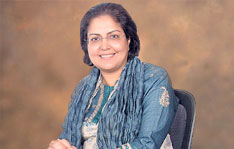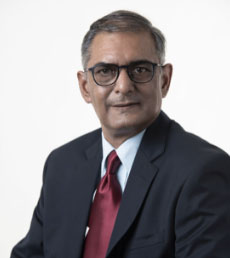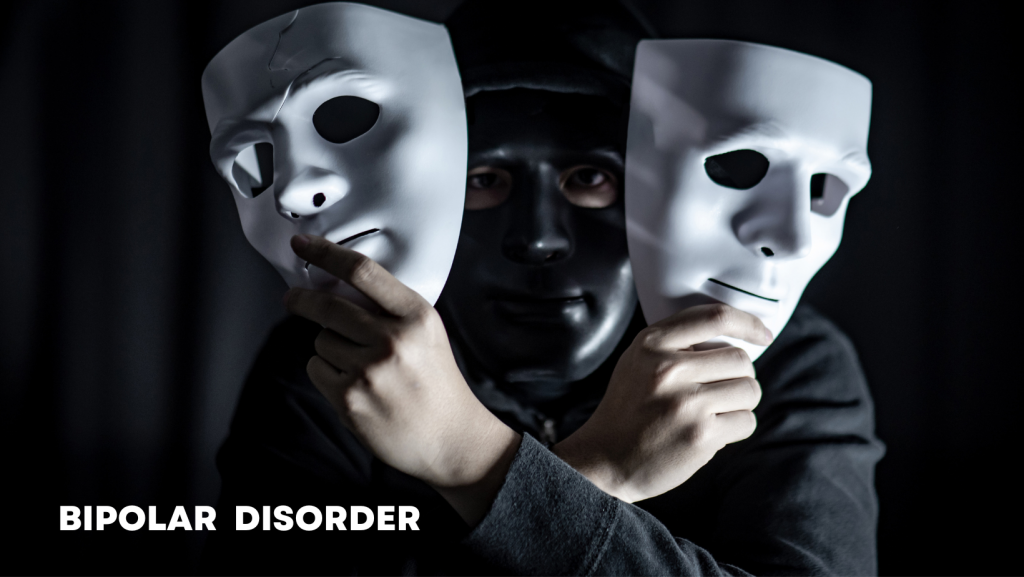
Bipolar disorder is associated with episodes of mood swings, ranging from depressive lows to manic highs. It is a mood disorder with two extremes: depressed and manic
What is Depressive low: Depressive episodes may include symptoms such as low energy, low motivation and loss of interest in daily activities.
What is Manic High: The main features of a manic episode is a period during which there is an abnormally and persistently elevated or irritable mood. There is also a persistent increase in activity or energy in the person that is present for most of the day.
What Causes Bipolar Disorder?
The exact cause of bipolar disorder is not yet known. But a multiple of research implies that a combination of genetics, environment and an altered brain structure and chemistry may play a role.
Symptoms:The episode of mood swings lasts days to months at a time. They may also be associated with suicidal thoughts.
- When in the depressive state, a person feels persistently sad, hopeless, lethargic, and may feel suicidal, among other symptoms.
- When in the manic phase, a person becomes overly elated, irritable, needs less sleep, makes grand plans, may impulsively engage in potentially dangerous behavior.
Treatment and help:
The Treatment plan is usually lifelong and often it involves a combination of medications and psychotherapy. Medication is used to treat acute or severe episodes and to help prevent a relapse. Psychosocial support is one of the most important components of treatment.
To Note
A person with bipolar disorder may be at a high risk of suicide. Hence, treatment must be started at the earliest.
What is not bipolar disorder?
- We all experience mood swings now and then, but they do not affect our daily activities. This is not bipolar disorder.
- Depression is also not bipolar disorder. Yes, some symptoms of both the conditions are similar. But the main difference is that in bipolar disorder is that there are episodes of both mania and depression, as well as extreme mood swings.
References
American Psychiatric Association. (2013). Diagnostic And Statistical Manual Of Mental Disorders (5th Edition ed.). American Psychiatric Publishing.
Hoffman, M., & WebMD. (2020). Bipolar I Disorder. WebMD. https://www.webmd.com/bipolar-disorder/guide/bipolar-1-disorder
Hoffman, M., & WebMD. (2020). Bipolar II Disorder. WebMD. https://www.webmd.com/bipolar-disorder/guide/bipolar-2-disorder
Hoffman, M., & WebMD. (2020). Cyclothymia (Cyclothymic Disorder). WebMD. https://www.webmd.com/bipolar-disorder/guide/cyclothymia-cyclothymic-disorder





